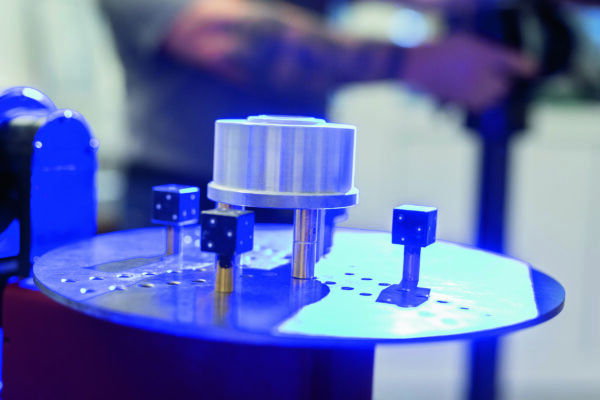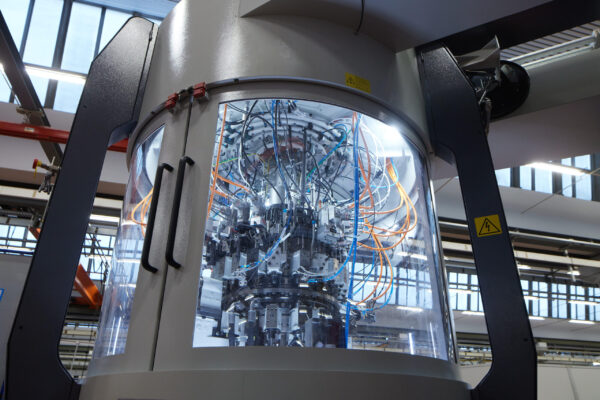Company description: Eco-products supplier
Delignit is a German manufacturer of ecological products and system solutions based on hardwood. The company positions itself as a recognised development and project partner and series supplier, primarily for the automotive, rail and safety equipment industries. Delignit’s products are mainly based on beech, which is one of the toughest types of wood. The products are characterised by special technical and mechanical properties, including 1) abrasion- and wear-proof; 2) dimensional stability; and 3) high breaking loads. The company sells its products under four core brands: Delignit, VANyCARE, Carbonwood and Dunacore. It also has several minor brands such as Feinholz, Festholz and Panzerholz.
The company operates in two core segments:
■
Automotive (73% of group sales in FY16): The main focus is on developing 1) loading area protection and security systems (floors, walls and partitions) for light commercial vehicles (LCVs); 2) interior equipment such as luggage compartment covers for passenger cars; and 3) Heavy commercial vehicles (HCV) trailer floors, 4)fire resistant compact wood. The segment caters to OEMs, vehicle body producers, automotive fitment providers, importers and dealers. Its main customers include Audi, Daimler and Volkswagen. This business was strengthened by the acquisitions of DHK automotive and HTZ Holztrocknung in 2013, allowing Delignit to enter the passenger car segment.
■
Technological Applications (27% of group sales in FY16): The products in this segment are broadly classified into three main groups: 1) building equipment such as floors for production sites; 2) special applications such as bullet-proof fittings; and 3) standard products. The products are delivered to a wide range of industries, including conveyor and storage operators, building and factory outfitters, aviation, rail transport and safety equipment providers.
Although 70% of group sales are generated domestically, the share of exports has continued to rise from just c 19% in FY12. Key export markets include Poland (c 6% of consolidated sales in FY16), the UK (5%), Spain (5%), China (3%), Japan (1-2%) and Argentina (1-2%).
Exhibit 1: Revenues by segment
|
Exhibit 2: Revenues by geography
|

|

|
Source: Delignit accounts
|
Source: Delignit accounts, Edison Investment Research
|
Exhibit 1: Revenues by segment
|

|
Source: Delignit accounts
|
Exhibit 2: Revenues by geography
|

|
Source: Delignit accounts, Edison Investment Research
|
Exhibit 3: Revenue and margin progression
|
Exhibit 4: Net profit progression (€000)
|

|

|
Source: Delignit accounts
|
Source: Delignit accounts
|
Exhibit 3: Revenue and margin progression
|

|
Source: Delignit accounts
|
Exhibit 4: Net profit progression (€000)
|

|
Source: Delignit accounts
|
Delignit’s strategic initiatives are broadly aligned with the trends emerging in the sector, including 1) increasing importance of renewable materials; 2) technological advancements in ecological materials to enhance competitiveness and the ability to replace non-renewable resources; 3) industrial players’ need for professional system partners; and 4) focus on energy-efficient and lightweight construction solutions.
The company aims to benefit from these trends through its core competencies. Delignit uses lifecycle carbon-neutral material based on beech wood that has an ecological advantage over non-regenerative materials such as plastic and steel. Moreover, the company repositioned itself in 2000 as a provider of systems instead of a pure producer of wood materials. The company has a good market position, underpinned by the ecological and technological characteristics of its products, system competence, as well as product development and implementation advisory capabilities.
Ongoing strategic initiatives include:
Investment in product development: Management is focusing on developing customised products for specific customer requirements and applications. The company has committed to continued investment in product development in 2017, mainly to showcase the advantages of ecological products over non-renewable raw materials in technological applications.
Business model transition: Delignit plans to leverage existing solutions to expand its regional outreach and add new applications to its portfolio.
■
Global diversification: The company could leverage its strength in LCV cargo bay and load protection systems to penetrate new markets and diversify its revenue base. Continued marketing of technological application products globally should allow Delignit to diversify its geographical revenue base. This strategy has started to deliver results: the group generated 30% of its total revenue from outside Germany in FY16 vs just 19% in FY12. The recent rail transport contracts for the equipment of regional trains in Scotland and high-speed trains in the UK also demonstrate the diversification.
■
Increase product application: Management is looking to expand the range of product applications, especially in 1) the light commercial vehicle segment with a strategy to generate ‘more revenue per vehicle’; and 2) the rail transport industry.
Leverage ecological strengths: Management’s strategy to position the company’s products as a sustainable solution, given their raw material advantage, should provide an edge to the company over its peers that use non-renewable raw materials. Its market reputation should also support improved market penetration in the medium term.
To meet the increasing demand for the company’s products, in 2016 Delignit launched a two-year investment programme of €6.0m, aimed at capacity expansion and efficiency gains. Key investment projects under this plan include 1) conversion of the Lothe logistics site into a production site; 2) investment in a cutting plant for sidewalls; 3) Computer Numerical Control (CNC) capacity ramp-up at the Lothe production site; and 4) efficiency improvements and capacity expansion through a new multi-daylight press for LCV floor plates.

























